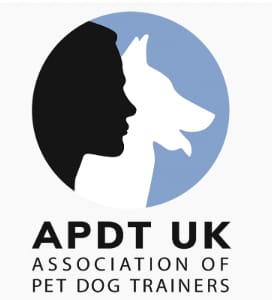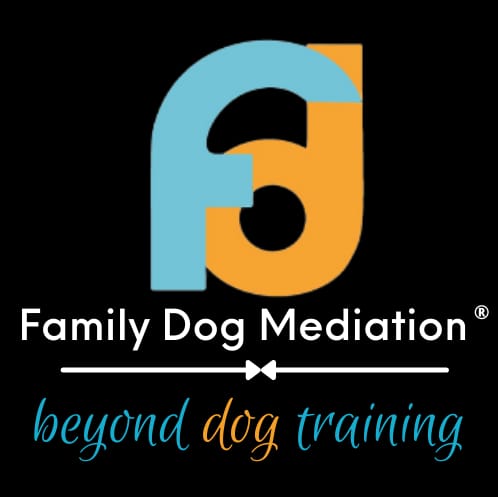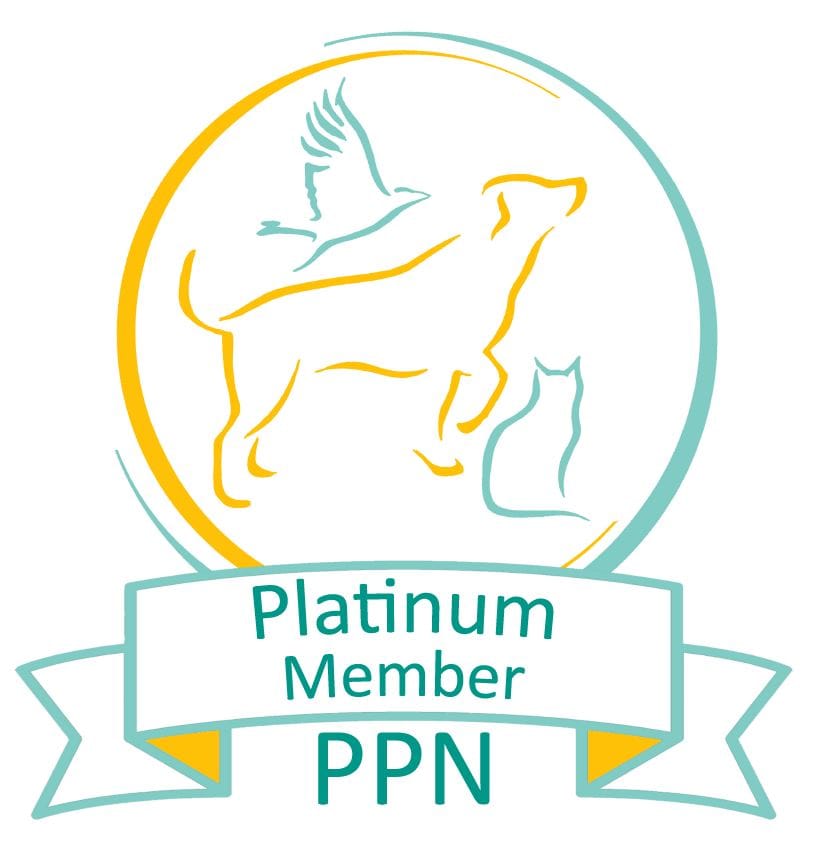How to help dogs avoid fireworks anxiety next year
01/12/2021 - Blog
Guy Fawkes Night is over for now and New Year’s Eve is on its way. How well does your dog cope with fireworks and loud noises? If sudden bangs and flashes are a problem for your pet, the time to start addressing the issue is now. Right now.
How can you help a dog with fireworks anxiety? Here are my top 5 tips.
- Don’t wait until the 1st November - start desensitising training as soon as you realise your dog has a problem
- Don’t try to tackle the problem yourself - ask for help from a professional dog trainer
- Start slowly and work at the dog’s own pace
- Avoid exposing your pet to loud noises until you are confident he can cope
- Help your pet to make positive associations with loud noises
Signs that your dog is stressed by loud noises
The RSPCA estimates that 45% of dogs in the UK show signs of fear when they hear fireworks. But fireworks are not the only worrying sound for dogs. Many of them - including my border collie Spirit, are absolutely terrified by thunder storms. Then, there are those who dislike balloons, those who hate the vacuum cleaner, dogs who are afraid of sirens and some who are afraid of those noisy bird scaring devices that farmers use in the spring time.
In some dogs, the signs of stress are obvious, for others they are more subtle.
- Panting
- Drooling
- Hiding
- Shaking
- Refusing Food
- Pacing
- Becoming clingy
- Barking
- Toiletting indoors
- Raised hackles
- Changes in posture
How to comfort a fearful pet
Some dogs, when they feel very stressed, like to cuddle up with you and feel protected. Others want to find a place where they can feel safe. A bit like a den.
Allow your pet to do whatever feels best for them. If they are crate trained, putting a blanket on top of their crate so that it feels like a dark, cosy cave will give them a comforting place to retreat to.
It’s awful to watch a dog going through an anxiety attack but on no account should you leave them alone in the house. They may not want you to touch them but they need to know that you are there.
Draw the curtains so that your pet can’t see the flashing fireworks. And try to relax yourself. If your dog sees that you’re OK with the strange goings on, he or she is more likely to stay calm.
Anecdotal evidence suggests that playing classical music can help to calm your pet. Classic FM Radio has suggested a playlist which includes Elgar’s “Mina”, Mozart’s Piano Concerto No 17, and “The Swan” from Carnival of the Animals. Why not experiment and see which pieces your pet likes best?
You know roughly when to expect fireworks noises - so talk to your vet about medication to help your pet relax.
Careful use of essential oils around the home can also be helpful. For relaxation, I would suggest using good quality candles or wax melts containing valerian, chamomile, sandalwood, clary sage or lavender. Be very careful though as some essential oils are toxic to dogs.
A thunder jacket is a really useful tool for fearful dogs. It can also be used to reduce car sickness in anxious travelling pets. Don’t own a thunder jacket? Use the Tellington Touch Wrap technique to improvise using a crepe bandage or an old t-shirt. https://www.ttouch.ca/2018/01/24/body-wraps-from-a-sensory-perspective-by-kathy-cascade-tellington-ttouch-instructor/
Dog training techniques to help with fireworks anxiety
Once you have identified that your dog suffers from fireworks anxiety, how ever mild the symptoms may be, there are two people you need to contact.
First of all, your vet. Once your pet has calmed down, have him or her checked over by a vet just to make sure there are no physical or neurological causes for the reaction.
Secondly, talk to a qualified dog trainer or behaviourist who has experience working with noise-sensitive pets. There are lots of training techniques to help you dog overcome his or her fear of sudden sounds - but they all need very careful application.
Desensitising your pet to loud noises
Download or buy some sound effects related to the noise that scares your pet. Ensure that you have a way of playing them out loud.
Choose a time when you and your dog are feeling relaxed, you’re in a place that your dog feels safe and there are no distractions. Indoors, at home, while most of the family are out is the ideal time. Perhaps after a walk or when your pet has just been fed.
Play the sounds at the lowest possible volume for a very short time - as little as 10 seconds to begin with. Ideally you will switch the sound off before their conscious brain has registered that anything has happened. We are trying to train their subconscious mind to ignore the noise and that involves a very subtle approach.
Over long period of time - and with the help of your dog trainer - you will be able to gradually increase the duration and the volume of the sound until your dog doesn’t react to them at all.
Creating a positive association
The next stage of the training is to build a positive association within the dog’s brain. (A bit like Pavlov’s dog who learned to associate the sound of a bell with the arrival of food). Again, this needs to be done with the help of a dog trainer because the last thing you want to do is re-awaken that anxiety.
When to start fireworks training
It can take weeks or even months to re-boot your dog’s brain after a traumatic event such as being scared by fireworks. So please don’t wait until 1st November to start preparing your pet for fireworks night. My advice would be to start training as soon as you know there is even the slightest hint of a problem.
Talk to the team at CK9 training about the best training techniques for your dog. The sooner you start, the quicker your pet will start to feel better. Our dog training sessions can be done face to face or via video link.
Contact CK9 Training. https://www.ck9training.co.uk/contact
You may also find these articles helpful
How to relieve your dog’s separation anxiety. https://www.ck9training.co.uk/blog/how-to-relieve-your-dogs-separation-anxiety/
What does a dog behaviorist do? https://www.ck9training.co.uk/blog/what-does-a-dog-behaviourist-do/








